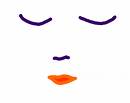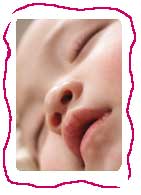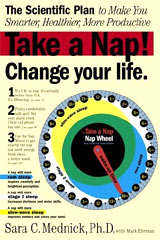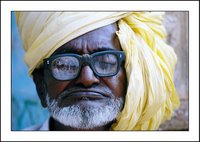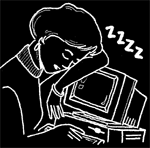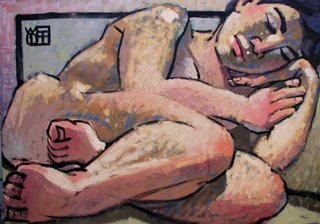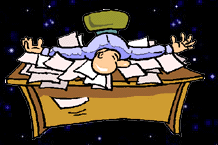Norse lullaby
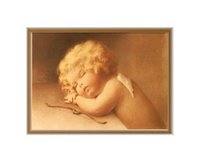
The sky is dark and the hills are white
As the storm-king speeds from the north to-night,
And this is the song the storm-king sings,
As over the world his cloak he flings:
"Sleep, sleep, little one, sleep;"
He rustles his wings and gruffly sings:
"Sleep, little one, sleep."
On yonder mountain-side a vine
Clings at the foot of a mother pine;
The tree bends over the trembling thing,
And only the vine can hear her sing:
"Sleep, sleep, little one, sleep;
What shall you fear when I am here?
Sleep, little one, sleep."
The king may sing in his bitter flight,
The tree may croon to the vine to-night,
But the little snowflake at my breast
Liketh the song I sing the best,--
Sleep, sleep, little one, sleep;
Weary thou art, anext my heart
Sleep, little one, sleep.
